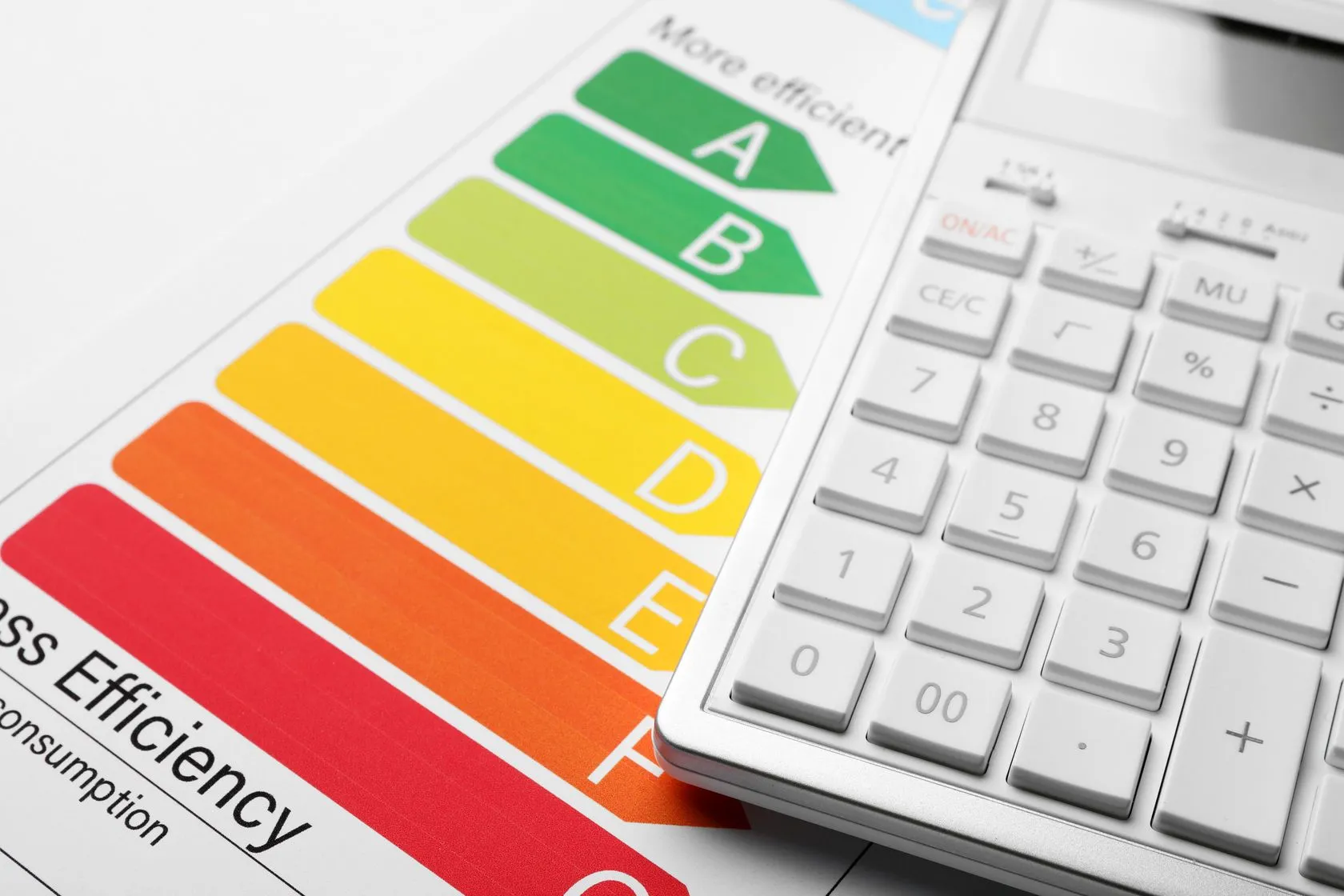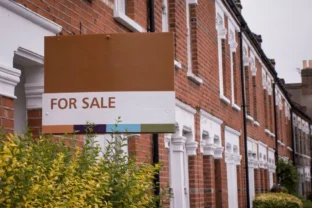Do You Need an EPC to Sell Your House?
29 February 2024 • 3 min read

See what our customers have to say about us
In order to sell or rent any property, with only a few exceptions, an EPC (Energy Performance Certificate) must have been applied for. These remain valid for 10 years from the date of the initial survey.
If you don’t have your EPC from when you bought or started renting your property, you will need to ask your agent or conveyancer to obtain it from the national EPC register.
If your EPC is outdated, commissioning a new one is relatively inexpensive, often costing between £50 and £100.
What do EPC ratings mean?
EPCs provide information about a property’s energy use and typical costs.
They have a rating system from A to G, with A being the most efficient and G the least efficient. Property ratings of C and above are generally considered energy efficient; however, the average rating in the UK is D.
Anything below a D rating means the property has an increased carbon footprint and will more than likely result in elevated energy costs for the property owner.
But, with energy prices so high and climate change increasingly at the forefront of people’s minds, home buyers are increasingly interested in homes with higher EPC ratings.
The higher the rating, the lower the energy bill and, therefore, the more affordable the home is to maintain after purchasing. This is why more and more banks are offering ‘green mortgages’ that aim to incentivise homeowners to invest in improving the energy efficiency of their properties.
How to improve your EPC rating
If your EPC rating is medium or low, you may want to consider upgrading the energy efficiency of your house in these areas: windows, the size of your living space, solar panels, wall and loft insulation, and replacing your boiler with a heat pump.
For solar panels, there are a few relevant conveyancing considerations. Understanding how solar panels can impact conveyancing, you can enhance your EPC rating and save money at the same time.
Meanwhile, insulation has no conveyancing issues. The only reason a heat pump would have any issues is if you needed to get planning permission when you installed it, for example, if it was within a metre of your neighbour’s boundary. If this were the case, you would need to supply the planning permission document to your conveyancer.
Conclusion
You can sell your property without having an EPC, as long as you have ordered one. This is because you can put your property on the market as soon as your EPC has been commissioned. Failure to provide an EPC when selling your property could result in a fine.
If you’re still unsure and would like to know more about EPCs and how to improve your rating, feel free to get in touch or get a free quote.
You might also like
Many people decide to sell their house for many different reasons; to move to ...
Georgian properties, built principally between 1720 and 1830, stand as timeless embodiments of architectural ...

